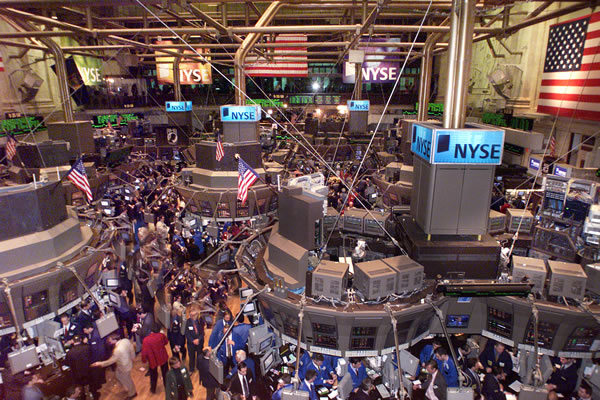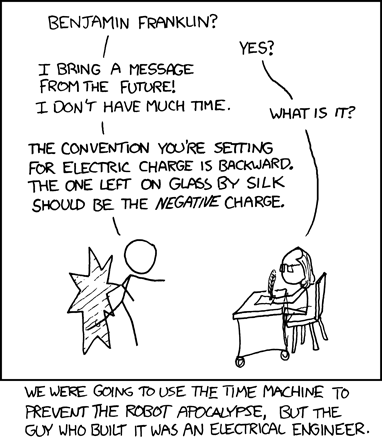
I will be attending Sustainable Cleveland 2019 later this week. It has given me a renewed interest in renewable energy and has really been great motivation to learn more about my city.
The summit will be a gathering of more that 600 people from different walks of life in Cleveland, all trying to figure out what we need to do in order to become a leader in various fields of sustainability. The 2019 part of the title refers to the Cleveland 30 year from now, when all of the areas of sustainability will hopefully have been achieved. These sustainability initiatives could include:
- Renewable energy production
- Advanced energy (infrastructure)
- Advance material fabrication and advanced manufacturing operations
- Sustainable, local food sources
- Green buildings (LEED certifications)
- Stringent environmental policies, especially to protect our water source, Lake Erie
- Sustainable Business Practices
So what can we do as a group of non-policy makers to actually drive any change in this city? A question I’m not completely sure of the answer. At the most basic level, I think this summit will give the citizens and drivers of change in the city a chance to tell the administration what they think. In fact, the entire summit is being hosted by the mayor, Frank Jackson, so I am guessing that’s exactly what he’s looking for. Beyond the basics, there is a methodology being implemented known as Appreciative Inquiry; I’m not into organizational behavior, but from what I’ve read it’s a popular method. The leading researcher in this field, David Cooperrider, will also be present at the summit to lead and guide us. I was surprised to later learn that Dr. Cooperrider is a sitting professor at my alma mater, Case Western Reserve University. From what I have learned about the method so far (which in all honesty seems a bit touchy-feely to me), it is about bringing people together while they are still excited about a prospective idea, instead of after problems have developed and that same group is only trying to fix the problem. It has proven successful for many groups thus far so I am eager to learn more about it.
Although this was the first time they decided to host such a summit, the organizers required an application for entry, to ensure people who were signing up were serious about their pledge to attend (the summit requires a 3 day commitment). I thought including some excerpts of my application would help illustrate why I think attending a summit like this is important (Warning: I was very interested in attending, so I felt it necessary to toot my own horn a bit. You’ve been warned) :
Describe what draws you to this summit.
I understand that a 10 year plan is only as good as the people that are writing and later following it. I want to be an integral part of the planning progress so I can help shape a future city that is sustainable and one that I can continue to be proud of. I am interested in meeting others that are passionate about moving Cleveland towards a future that is sustainable, successful and forward-looking. The people at this summit will be the leaders of the next phase of Cleveland’s evolution and I would like to start working with them as soon as possible.
What unique aspects will you bring to the summit (education, life experience, etc.)?
I currently write a blog that discusses electrical engineering and renewable energy. I write on topics relating to my profession (analog electrical engineering), my generation (Gen Y) and I tie it into content about emerging renewable technologies. I also have a unique perspective, being a student that left the area for a job after college, thereby contributing to the “brain drain” that has affected much of Cleveland; I have since been one of the few that has returned (in 2008) so that I could help contribute to the city and pursue my passion at a company that is a leader in the measurement industry. My work at Keithley Instruments has given me insight into the needs of renewable energy producers and allowed me to work with some of the finest engineering minds in Cleveland.
I feel that I bring a fresh perspective on the technological aspect of building a sustainable Cleveland. As someone who works in an industry that serves renewable energy and as someone who aspires to work more directly in the renewable energy sector, I feel that I can help define where Cleveland will be able to best capitalize on new technologies and strong business opportunities. These will drive the future growth of Cleveland as both an economic hub and as a model for hosting sustainable and eco-conscious companies.
What do you think are Cleveland’s biggest strengths or best assets?
I believe that the students graduating from local Universities will be the foundation upon which the next phase of Cleveland will be built. Enticing them to stay in Cleveland and encouraging them to create new companies will generate revenue and jobs in Cleveland. The technology and companies that are created will drive local development and help bring in more residents and investment. Furthermore, I believe the Universities that are producing these students are an asset and that they should be assisted in post-graduate retention and building businesses out of commercialized research efforts.
A second more obvious but yet untapped resource is Lake Erie. In terms of energy, I believe Lake Erie can produce a great deal of clean and sustainable power for residents in Cleveland and surrounding areas. From a sustainability perspective, the availability of fresh water must be considered and protected, as this will become an increasingly scarce resource as the world warms. Additionally, the wildlife and food sources the lake provides must be taken into consideration when planning for a more sustainable city and region.
What do you envision for Cleveland in the year 2019?
I envision a vibrant job market based on renewable energy companies that have sprung up over the past 10 years. More importantly, I see educational and research hotbeds such as Case Western Reserve being used as a launch point for multiple new industries and technologies. I see renewable energies being harvested from Lake Erie in the form of wind turbines and wave harvesting. I see axillary industries such as test & measurements adding even more to local economies and highlighting what Cleveland has to offer the world. I see tight-knit communities encouraging conservation and recycling and teaching these concepts in schools. I see programs in place to help every city have affordable recycling. I imagine local and regional governments encouraging restructuring and consolidating existing infrastructure as opposed to creating new sprawl. I see those same governments encouraging outside investment in the newly reconstructed and consolidated areas and in the new companies that have helped revitalize it . And hopefully, I see my own renewable energy company creating products that change the way we consume energy or how we cleanly produce it for use in energy efficient devices.
I feel that if nothing else, I will get the opportunity to meet others interested in sustainability and renewable energy in Cleveland. That alone could provide a great foundation for forming companies and coalitions later to help advance the city towards a sustainable future. On the other hand, I am hopeful that our work using Appreciative Inquiry will help lay a groundwork for where the city needs to go and what we need to do as a community to achieve our goals. I know there will be many planned follow up activities and I plan on discussing them more on here later. I would hope that my albeit limited audience might help to publicize the actions the city will take in the future.
Are you attending the Sustainable Cleveland 2019 summit? If you are, please let me know! If not but you have ideas that you think I should try to talk about while I am there, please let me know in the comments. I am interested to share what ideas I already have and if I can bring more voices than my own to the summit, I think it could be beneficial for everyone.
http://en.wikipedia.org/wiki/Lake_Erie



